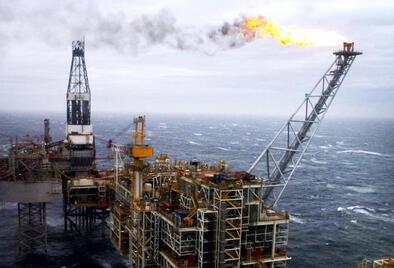
The weather has been kinder, although lacking sunshine during June, allowing us to get jobs done at the optimum time. Crops drilled this autumn are forward and healthy, which bodes well for next year’s harvest.
Grain prices are rising towards more realistic levels, and beef and lamb have seen consistently high values. What the New year brings is anyone’s guess.
Increasingly, the only reliable income for many farmers is from diversification - ‘people farming’! This comes in many forms and greatly relies on where farms are situated.
Those living on the edge of towns and well populated villages have an advantage over our colleagues in deepest rural areas. Footfall is important as those who have been watching ‘Clarkson’s Farm’ will have seen. Traditional farming, arable crops and sheep brought him an annual profit of just £144! His farm shop did rather better.
Jeremy Clarkson is being used as an example of what is good and bad in farming and the countryside. Minette Batters, President of the NFU got onto his bandwagon and has milked it for all she is worth. He certainly did deserve the awards, if only to acknowledge that he made a wider audience aware and have a deeper understanding of the difficulties and pitfalls of everyday farming.
As the government rolls out its new programme of support for British agriculture in the form of ELMS, SFI and ‘public money for public good’, it will be interesting to see whether it catches on. Many farms are already doing exactly what these new schemes are asking, which is: environmentally friendly farming practises.
The question is whether our already high standards of land, soil and livestock management and conservation, will be recognised or taken for granted.
Who will be judging and what will be their criteria? Many farms will manage quite well without government support; it is the isolated, and tenant farmers I worry about.
For tenant farmers, investing in what is essentially another man’s land and buildings, is a risky business. However, there are clearly opportunities opening as the countryside shrinks as towns and cities expand their boundaries into greenfield sites, as the population of houses increase at a ridiculous rate.
The trade body OGUK suggests that if new oil and gas projects do not move forward, domestic production will plummet. Blocking proposed oil and gas fields would risk leaving consumers more exposed to soaring energy bills and fuel shortages.
The report predicts that gas output could fall up to 75% by 2030, leaving the UK heavily reliant on imported energy. According to the latest official figures, the UK paid Norway £5.2 billion for gas and £6.1 billion for crude oil. Russia £524 million for gas and £3.2 billion for oil, and the USA £2.8 billion for crude oil.
Nicola Sturgeon has said the Cambo oil gas field should not be given the go-ahead. And Wales vowed to stop licensed oil and gas production. The future of the Cumbrian coke mine, an essential component for British Steel production, is yet to be decided.
Diedre Michie, Chief Executive of OGUK, said: “The UK’s offshore oil and gas industry is committed to helping the government meet its ambitious net zero goals. We accept all the science around climate change and the need to cut emissions, but this transition must be managed.”
“If we cut our own supplies of gas and oil faster than we can reduce demand then we will have to import more of what we need. Our import bills will go up without any reduction in emissions”.
Wishing everyone a very Happy Christmas and a safe, healthy, and fully vaccinated New Year.

 RSS Feed
RSS Feed